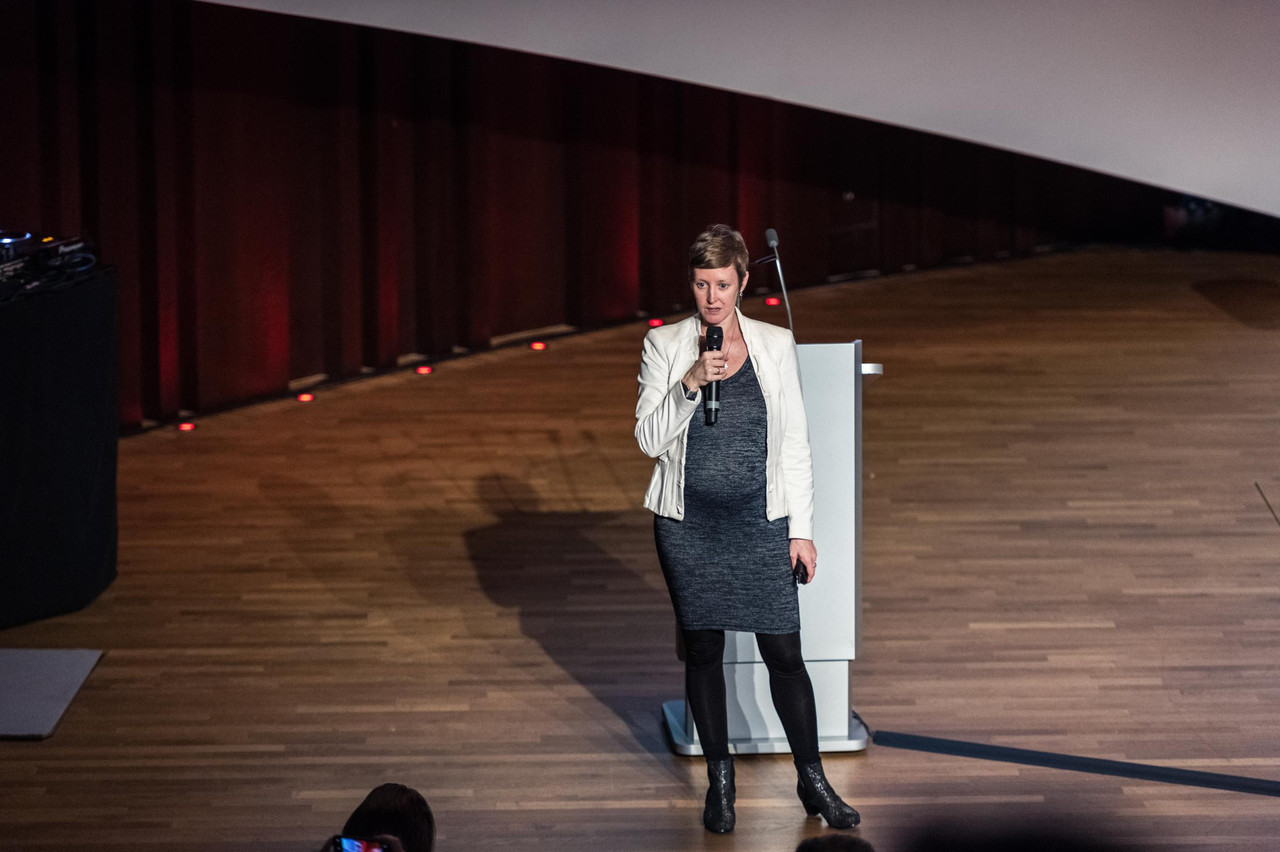The promoters of the Luxembourg Future Fund must have taken a breath. On Friday night, Spire announced in a press release that it had finalised the sale of its shipping business to Kpler for $241m, enough to wipe out its $102m in debt and temporarily erase the warning it had to issue after the publication of its annual report on its ability to continue as a going concern.
The LFF had invested $15m in the company as part of a $70m round back in 2017, as part of then economy minster ’s (LSAP) efforts to attract space companies to Luxembourg. Bankruptcy would have been another bad outcome... But Spire sold this part of its business--which brought in $43m of its $110m in revenues in 2024 via its European headquarters in Luxembourg--and almost didn’t see this transaction through.
The story begins with a totally unexpected takeover offer that the company specialising in images provided by its constellation of satellites received one day. The CEO immediately passed it on to an investment bank and asked it to test the market’s appetite. That’s where Belgium’s Kpler came in. Until the announcement, in November 2024, of an agreement worth $241m, including $7m in services. The deal covers the entire maritime business, including Exactearth, acquired in 2021, but excludes Spire’s satellite infrastructure and its contracts with US government agencies. Except that, unable to renew the contract with one of its customers, Kpler tried to get out of the deal. On Valentine’s Day, Spire’s new CEO Theresa Condor took the Belgian company to court in Delaware to “invite” it to honour its promise. The two companies finally came to an agreement and left the legal process with a deadline of 25 April.
For a long time, shipping was a growth driver and one of Spire’s main revenue streams. But faced with mounting losses, the group had to make a decision. Between 2021 and 2024, sales rose from $43.4m to $110.5m, but net losses never stopped increasing:
2021: -$109.4m
2022: -$89.4m
2023: -$77.6m
2024: -$102.7m
At the same time, Ebitda remained negative, a sign of structural difficulties across all operations.
With the sale to Kpler, Spire intends to pay off its main loan, the “Blue Torch Financing Agreement,” contracted in 2022 for $120m at rates above 12%.
Cash flow remains negative, financing requirements remain significant, and growth must now come from the three retained businesses: aviation, weather & climate and space services. As at 31 December 2024, Spire had a fully deployed constellation of 199 satellites in orbit. The Lemur platform has around 40 of these satellites capable of geolocation.
To secure its cash flow, Spire had already raised $40m in March 2025, in anticipation of a possible delay in finalising the sale.
This article was originally published in .
